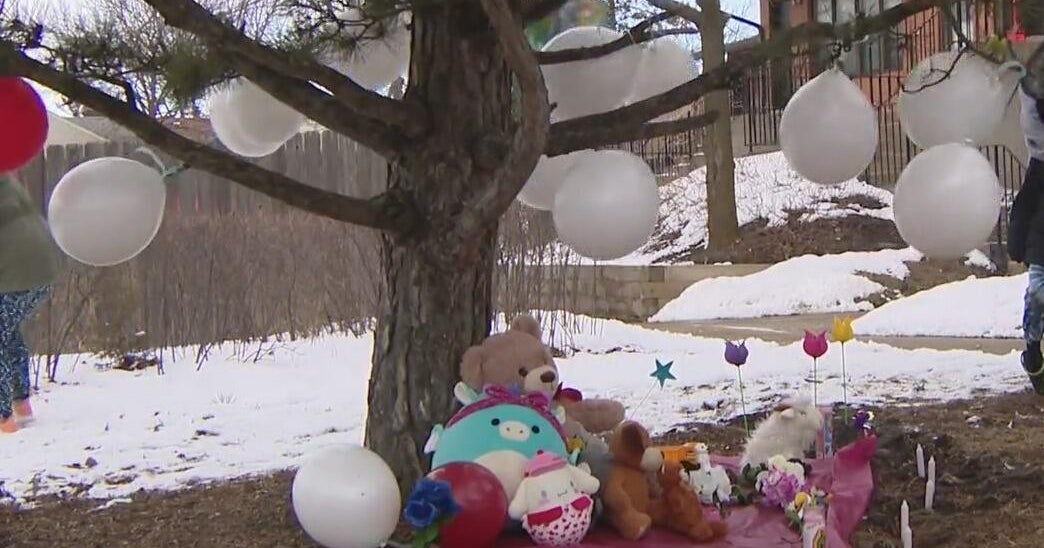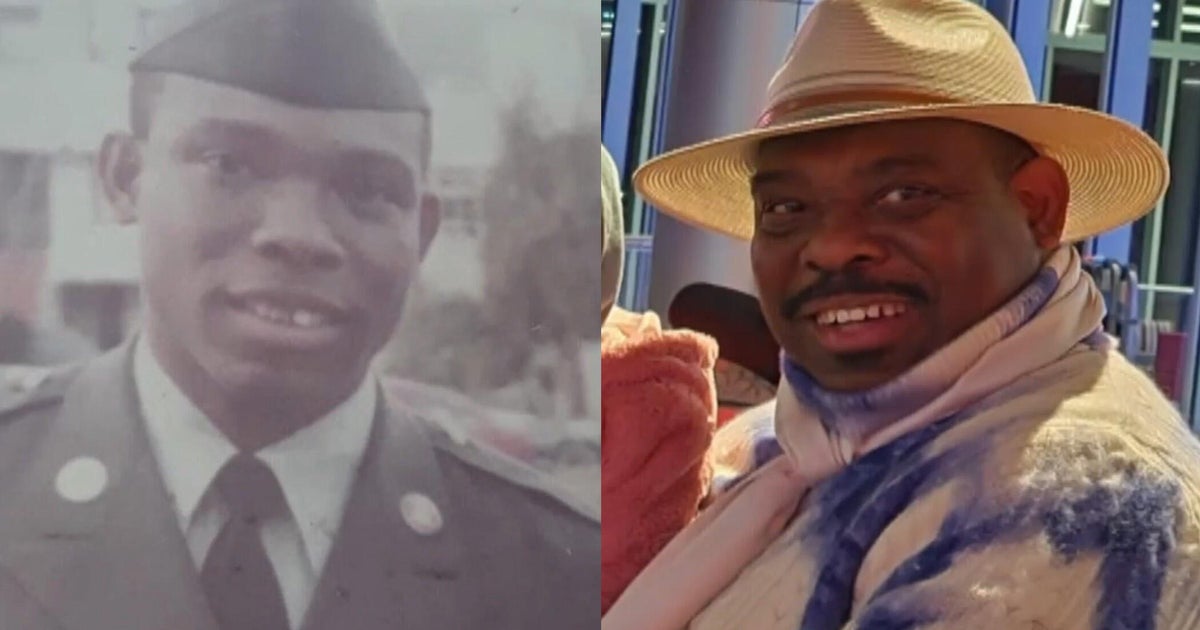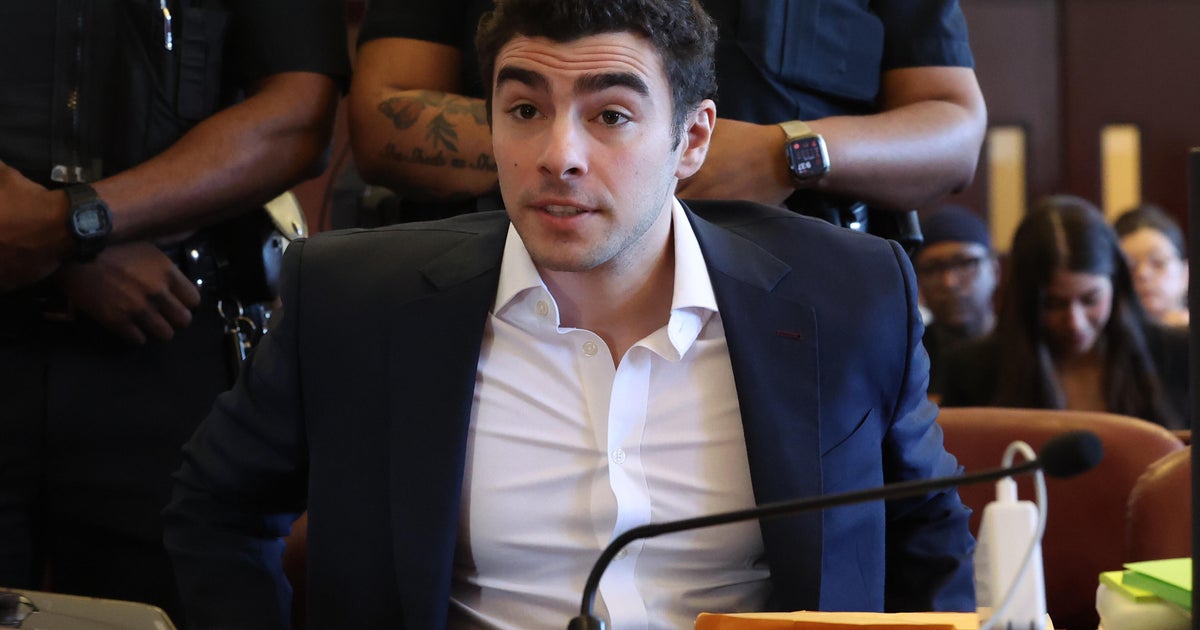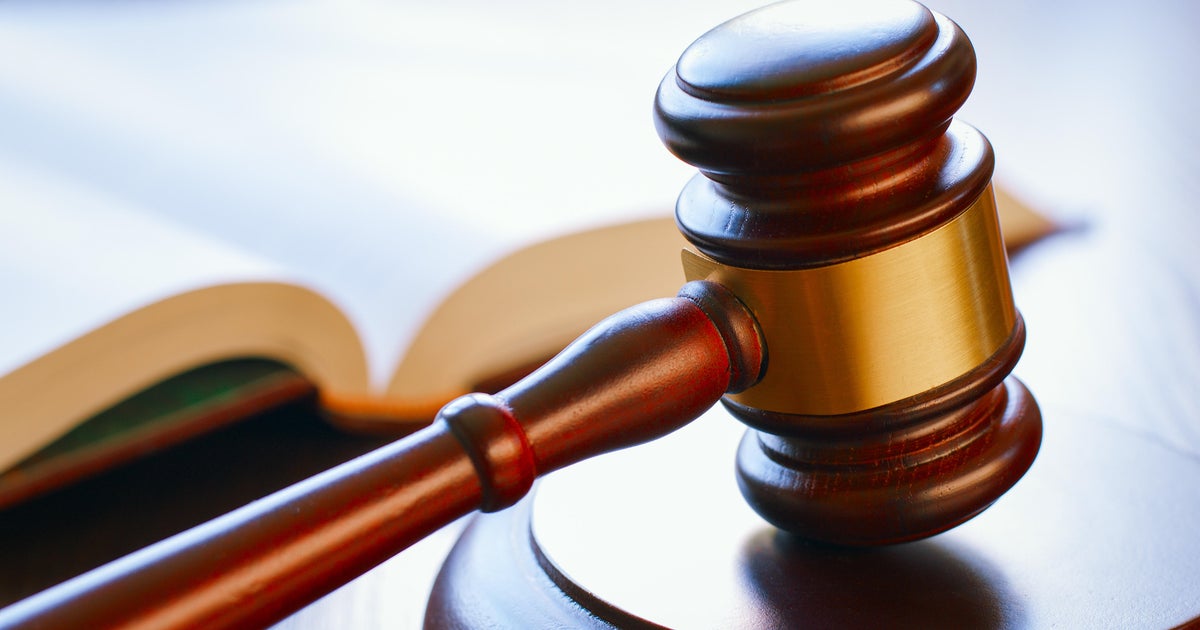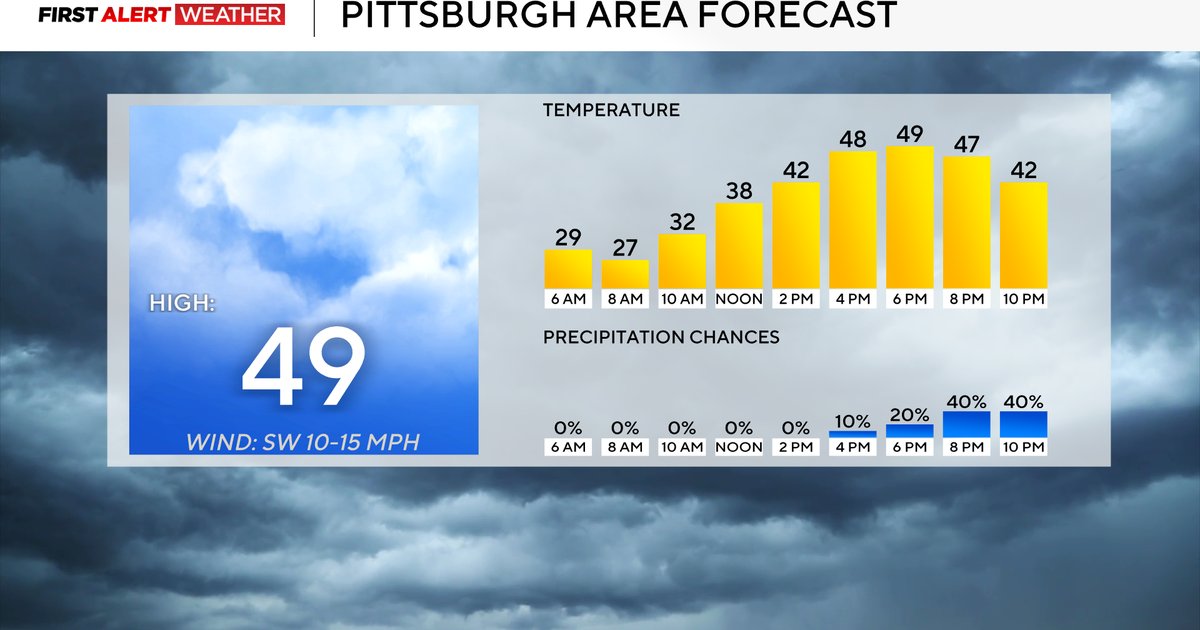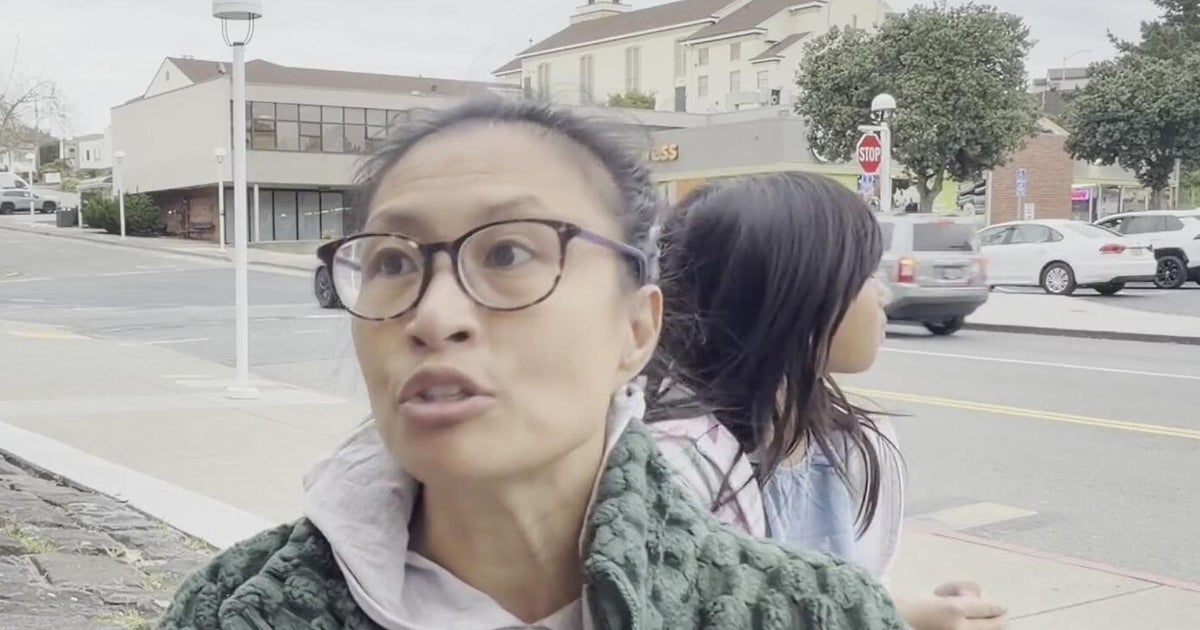Court Panel Hears Blagojevich Case Appeal
CHICAGO (AP) - U.S. appeals court judges considering an appeal by imprisoned former Illinois Gov. Rod Blagojevich focused their questions during oral arguments Friday on what constitutes run-of-the-mill politics and what crosses into political corruption.
During an hour-long hearing that was sometimes contentious, three judges of the U.S. 7th Circuit Court of Appeals frequently interrupted a prosecutor and pressed her to explain just how the 56-year-old Illinois Democrat's actions had strayed into criminality.
Blagojevich's attorneys want the court to toss his corruption convictions or at least agree to slash years off his 14-year prison term, which is one of the longest ever imposed for political corruption in a state where four of the last seven governors have ended up in prison.
The one-time contestant on NBC's "Apprentice" didn't attend the hearing; he remained at the Colorado prison where he's serving his sentence. But his wife, Patti Blagojevich, watched the proceedings, sometimes shaking her head when she disagreed with what was being said.
FBI agents arrested then-Gov. Blagojevich five years ago this week, and jurors convicted him of wide-ranging charges in 2011, including for trying to profit from his power to name someone to President Barack Obama's old U.S. Senate seat.
That allegation was at the core of Friday's hearing.
In seeking a cabinet post - possibly as secretary of health and human services - in exchange for a Senate appointment, Blagojevich was merely seeking to further political causes he'd long championed, including health care, Blagojevich attorney Leonard Goodman told judges.
"Mr. Blagojevich's defense is, `I thought this was (legal) political horse trading,"' said Goodman, adding that Blagojevich was an avid student of political history and was therefore conscious of not crossing that line. "This wasn't some backroom deal."
Appellate judges often play devil's advocate, so questions they pose don't necessarily indicate that they are leaning for or against quashing a conviction. The three-judge panel in Chicago, however, clearly regarded the question of what is and isn't legal politicking as paramount.
Judge Frank Easterbrook, who has the reputation of liking to make attorneys squirm, even compared Blagojevich's bid to land a Cabinet seat to how President Dwight Eisenhower named Earl Warren to the U.S. Supreme Court after Warren offered Eisenhower political backing.
"It would be an act of shysterism to say that was OK, and this (Blagojevich's bid) was not," Easterbrook said.
Judge Ilana Diamond Rovner picked up that point, asking prosecutor Debra Bonamici, "Where is the line that differentiates legal horse-trading from a federal offence that puts you in prison?"
One distinction, Bonamici replied, lay in the fact that Blagojevich didn't seek favors primarily to help further his political causes. Instead, he always sought them to profit personally, she said, citing secret FBI wiretaps that were at the heart of Blagojevich's two trials.
"The defendant's message was that he wanted something for himself," Bonamici said. "This is not ... horse-trading."
In the most notorious excerpt from hundreds of hours of wiretaps, Blagojevich can be heard cursing as he talks about Obama's vacated seat, saying, "I've got this thing and it's f------ golden. And I'm just not giving it up for f------ nothing."
The panel isn't expected to issue a ruling on Blagojevich's appeal for at least several weeks. If it goes against him, he could try to appeal to the nation's highest court, though there's no guarantee the Supreme Court would even agree to hear his case.
Judges have already seen the 100-page appeal that defense lawyers filed in July and the government's 169-page response that was filed last month.
Blagojevich's filing includes a laundry list of alleged errors by trial Judge James Zagel. It says he allowed one juror - referred to only as Juror No. 174 - to remain on the panel during the second and decisive trial, even after he said about Blagojevich during jury selection, "I just figured him, possibly, to be guilty."
Blagojevich's appeal seems to face long odds.
Appellate judges at the 7th Circuit have a reputation for rarely quashing convictions unless a lower court's errors are egregious. According to 2012 court statistics, its judges reversed lower court findings in only around 15 percent of appeals.
(TM and © Copyright 2013 The Associated Press. All Rights Reserved. This material may not be published, broadcast, rewritten or redistributed.)

